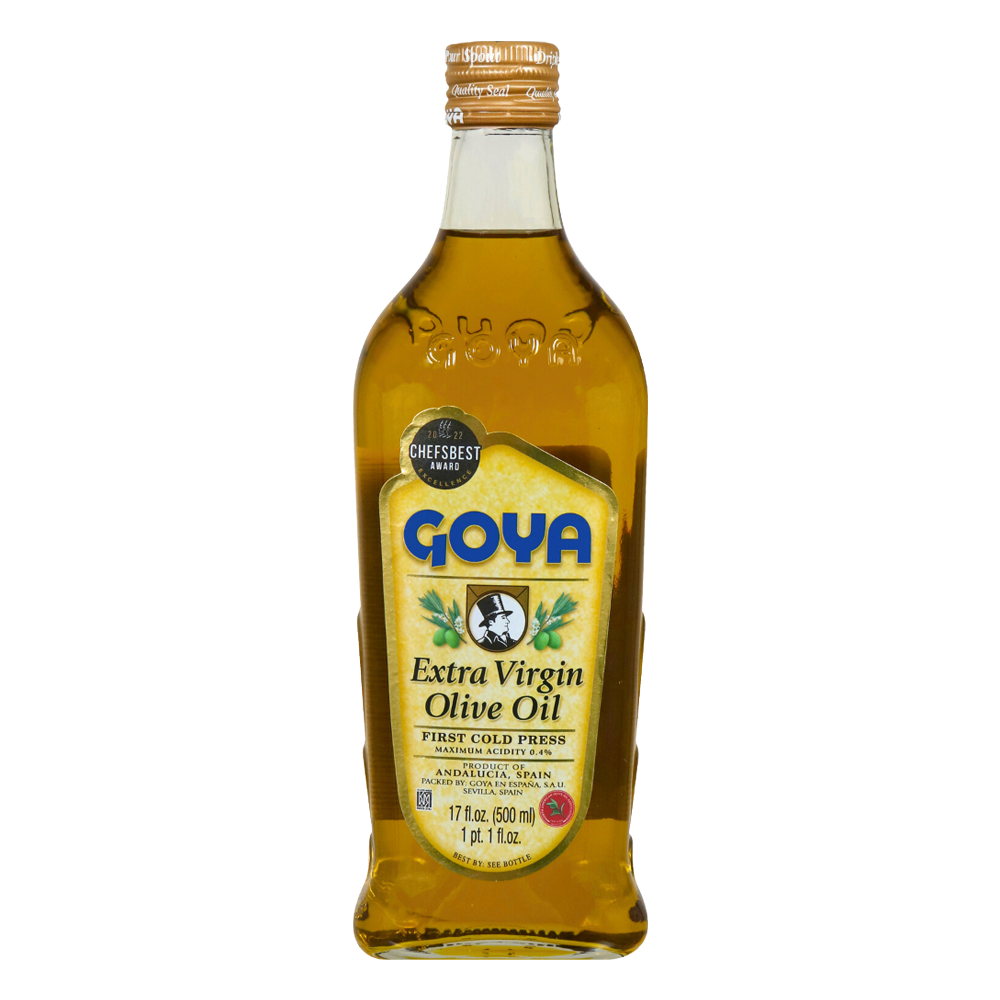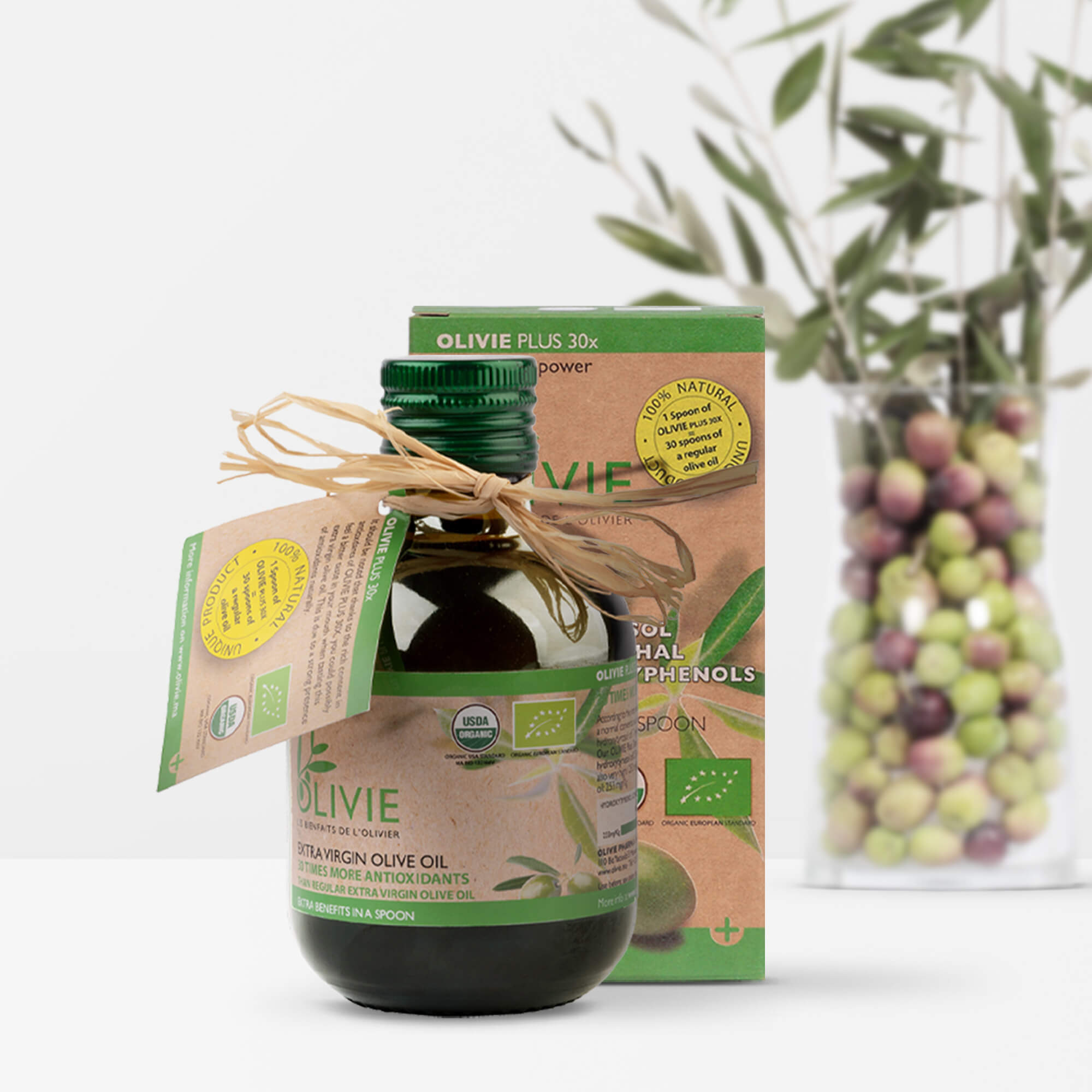Extra Virgin Olive Oil Benefits: The Key to Radiant and Youthful Skin
Extra Virgin Olive Oil Benefits: The Key to Radiant and Youthful Skin
Blog Article
Checking Out the Various Kinds Of Olive Oil and Their Uses, Including Bonus Virgin Olive Oil
The exploration of olive oil encompasses a varied variety of types, each offering unique flavors and culinary applications. Bonus virgin olive oil, renowned for its remarkable high quality and health and wellness advantages, serves as a staple in numerous kitchen areas, yet it is just one element of this multifaceted ingredient.
What Is Olive Oil?
Stemmed from the fruit of the olive tree, olive oil is a staple in Mediterranean food and an essential ingredient in various cooking applications. This versatile oil is produced by pushing entire olives, leading to a liquid that differs in color, aroma, and flavor depending on the kind of olives used, the region of cultivation, and the extraction procedure. Olive oil is primarily made up of monounsaturated fats, especially oleic acid, which is known for its possible health benefits, including anti-inflammatory homes and cardiovascular assistance.
In enhancement to its culinary uses, olive oil has a lengthy history of application in standard medicine and skincare, owing to its rich antioxidant web content (extra virgin olive oil benefits). The oil is commonly made use of in dressings, marinates, and for cooking methods such as sautéing and roasting. Its distinctive taste profile can boost the taste of different recipes, making it a crucial component for both home cooks and expert chefs
Moreover, olive oil is celebrated for its function in the Mediterranean diet, which is connected with many wellness benefits. As understanding of these benefits grows, olive oil remains to gain popularity worldwide as an essential part of a healthy and balanced way of living.
Kinds Of Olive Oil
Understanding the various types of olive oil is essential for both cooking lovers and health-conscious consumers. Olive oil is categorized mostly based upon its removal approach and high quality, which substantially influences its taste, health, and fragrance benefits.

Light olive oil, in spite of its name, describes a lighter taste and not lower calories. It is perfect for those seeking a much more refined taste in marinades and dressings. In addition, there are flavorful olive oils infused with natural herbs, flavors, or citrus, which can enhance meals without the need for additional spices.
Each type of olive oil offers details cooking purposes, and understanding these distinctions allows consumers to make informed choices that line up with their cooking styles and wellness goals.
Extra Virgin Olive Oil
Extra virgin olive oil (EVOO) is commonly considered the finest quality olive oil readily available, celebrated for its abundant flavor and various health advantages. To be identified as additional virgin, the oil should be produced from fresh olives making use of mechanical processes, without the use of solvents or too much warmth. This careful technique preserves the oil's natural tastes, anti-oxidants, and healthy fats, resulting in an item with a reduced acidity degree of less than 0.8%.
EVOO is bountiful in monounsaturated fats, especially oleic acid, which is linked to decreased swelling and enhanced heart health. It likewise consists of polyphenols, powerful anti-oxidants that might offer protective effects against persistent conditions. The flavor account of EVOO can vary substantially relying on the olive variety and region of manufacturing, ranging from fruity and verdant to robust and sharp.

Culinary Utilizes of Olive Oil

In cooking, olive oil can be made use of for sautéing, toasting, and grilling, giving a healthier option to butter or other fats. Its high smoke point makes it appropriate for various cooking methods, while its antioxidants add to a heart-healthy diet plan. Showering olive oil over finished meals, such as pasta, fish, or grilled veggies, can boost flavors and include a touch of beauty.
Moreover, olive oil plays a substantial function in baking, where it can change standard fats in recipes for bread and pastries, passing on wetness and a subtle taste. It also functions as a base for infused oils, permitting cooks to explore tastes such as garlic, herbs, or chili, further increasing its cooking capacity. On the whole, olive oil's flexibility makes it indispensable in both home and professional kitchens.
Picking Quality Olive Oil
When selecting top quality olive oil, it's vital to take into consideration several essential elements that influence the item's taste, wellness, and aroma benefits. Choose for additional virgin olive oil (EVOO), which is obtained from the first chilly pressing of olives and has the highest degrees of antioxidants and helpful substances. Search for oils that are certified by acknowledged companies, as this often click for info guarantees adherence to strict high quality requirements.
The packaging additionally plays a substantial role in preserving the oil's stability. Select oils saved in dark glass bottles or tins to secure versus light degradation. Take note of the harvest day; fresher oils use superior flavor and nutritional value, so pick products that are within 18 months of their harvest.
In addition, think about the beginning from this source of the oil. Top quality olive oils often come from details regions known for their distinctive flavor profiles, such as Italian, Spanish, or Greek oils. Be mindful of the preference; an excellent high quality olive oil ought to have a balance of fruity, bitter, and peppery notes, suggesting its richness and complexity. By evaluating these variables, you can guarantee you are selecting the most effective olive oil for your culinary requirements.
Verdict
In recap, the exploration of different kinds of olive oil discloses distinctive characteristics and applications, with additional virgin olive oil standing for the peak of high quality due to its reduced level of acidity and high antioxidant content. Recognizing the different varieties of olive oil enables for educated selections in food preparation techniques, promoting much healthier practices while improving the total gastronomic experience.
Derived from the fruit of the olive tree, olive oil is a staple in Mediterranean food and a key component in numerous culinary applications.The most typical kinds of olive oil consist of improved olive oil, pure olive oil, and light olive oil.Additional virgin olive oil (EVOO) is extensively related to as the highest high quality olive oil offered, popular for its rich flavor and many health and wellness benefits. Decide for added virgin olive oil her comment is here (EVOO), which is acquired from the very first chilly pushing of olives and has the greatest levels of antioxidants and advantageous substances.In recap, the expedition of different kinds of olive oil discloses unique attributes and applications, with added virgin olive oil standing for the peak of top quality due to its low level of acidity and high antioxidant content.
Report this page